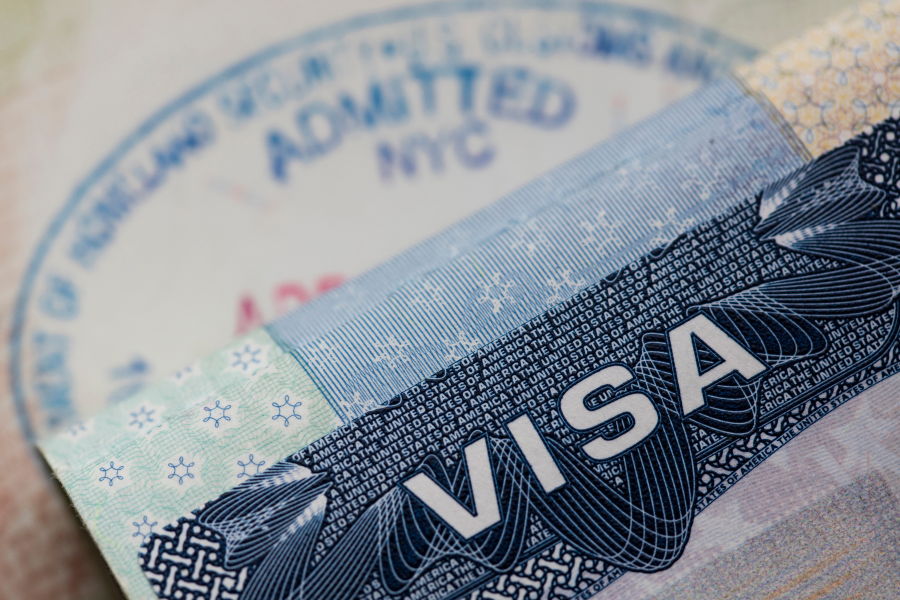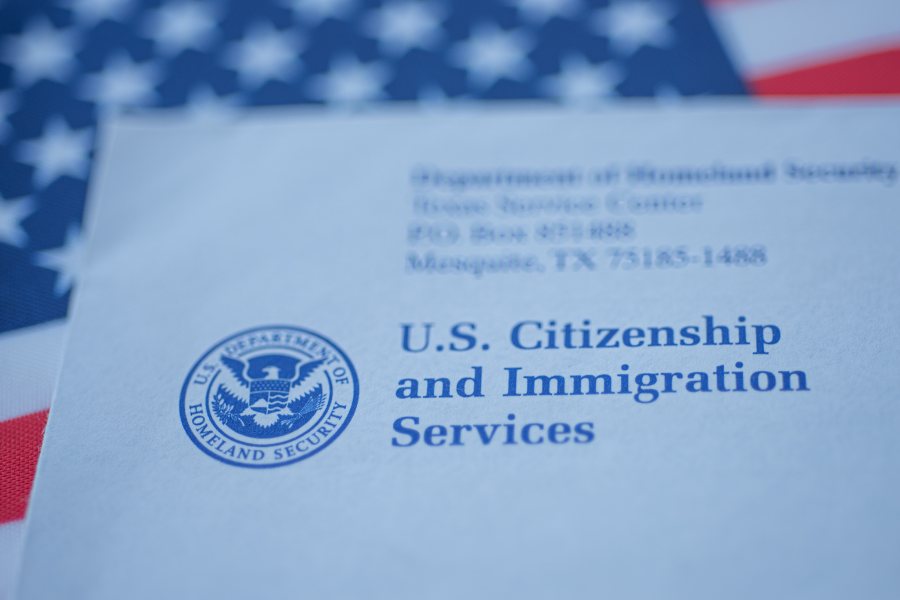Quick Takeaways:
- United States now barring entry to non-U.S. Citizens/Lawful Permanent Residents physically present in Iran within two weeks prior to seeking admission – even those with valid immigrant or nonimmigrant visas.
- Like February’s proclamation, immediate relatives of U.S. Citizens/Lawful Permanent Residents and NATO/UN/Diplomatic personnel amongst those exempted.
- In effect as of March 2, 2020 at 5:00PM EST.
One month after announcing travel restrictions on individuals recently present in China, the coronavirus continues to spread across the globe. At present, there are more than 90,000 confirmed cases of the coronavirus in more than 70 countries, with newly reported cases in in several states bringing the U.S. tally to almost 120 (including individuals repatriated from abroad). Even more, with U.S. death tolls rising, fears of the virus’ undetected spread have increased significantly.
In the face of this mounting crisis, the White House announced that it has applied new restrictions to individuals who have been physically present in Iran within 14 days of traveling to the United States. The Proclamation reference to Iran as an “untrustworthy state actor” – an accusation it has refused to formally levy against China in this context in spite of ampleevidence of same – is likely one reason why it has placed strict restrictions on visitors from this county, while only issuing travel advisories for South Korea and parts of Italy, even though these countries have more reported cases (with American Airlines going so far as to recently discontinue service from New York and Miami to Milan for lack of demand).
Besides its negative characterization of Iran, this proclamation, which went into effect on March 2, 2020 at 5:00PM EST, is almost a word-for-word reproduction of last month’s Proclamation that limited entry to the United States for recent visitors to China. As such, this Proclamation does not apply to U.S. Citizens or anyone who falls into one of the following exceptions:
- U.S. Lawful Permanent Residents;
- Which does not include individuals with immigrant visas who have not entered the United States and assumed Lawful Permanent Residency;
- Spouses of U.S. Citizens or Lawful Permanent Residents;
- Parents and Legal Guardians of U.S. Citizens or Lawful Permanent Residents, so long as the Citizen/Permanent Resident is are unmarried and under 21;
- Siblings of U.S. Citizens or Lawful Permanent Residents, so long as both the sibling and the Citizen/Permanent Resident are unmarried and under 21;
- Children, foster children, or wards of U.S. Citizens of Lawful Permanent Residents, or children who are prospective adoptees seeking to enter the United States on IR-4 or IH-4 Visas;
- Foreign Nationals traveling at the invitation of the U.S. government, for a purpose related to containing or mitigating the Coronavirus;
- Nonimmigrant crewmembers;
- Foreign nationals seeking entry to, or transiting through, the United States under an A-1, A-2, C-2, C-3, G-1, G-2, G-3, G-4, NATO-1 through NATO-4 or NATO-6 visa;
- Foreign nationals whose entry does not pose a significant risk of transmitting the virus, as determined by the Centers for Disease Control;
- Foreign nationals whose entry is in furtherance of important U.S. law enforcement interests, or whose admission is in the U.S. national interest; and
- Members of U.S. Armed Forces and spouses/children of members of U.S. Armed Forces.
While adding U.S. Service Members and their families, the Proclamation remains neutral on its affect to individuals’ ongoing access to asylum, withholding of removal, or protections under the Convention Against Torture. Likewise, the Proclamation does not appear to prohibit individuals from applying for an adjustment of status to Lawful Permanent Resident, or an application to extend or change their nonimmigrant status within the United States.
That being said, and as was the case with last month’s Proclamation, unless they fall into one of the above-listed categories, all foreign nationals traveling from Iran, or who have been in Iran within 2 weeks of returning to the United States, will be denied admission to the country and will not be allowed to board U.S.-bound flights so as long as this Proclamation remains in effect – even if they presently have a valid visa.
Though the Proclamation is silent on the fate of those permitted admission to the United States, we presume the previously announce and still in-effect quarantine procedures will remain in place for admissible individuals who have recently been in Iran. Moreover, while the White House is considering placing additional restrictions on foreign travelers, there are currently no plans to the same domestically.
Green and Spiegel continues to monitor the situation very closely. If you have any questions regarding how these travel restrictions affect you, please do not hesitate to reach out to our office.





